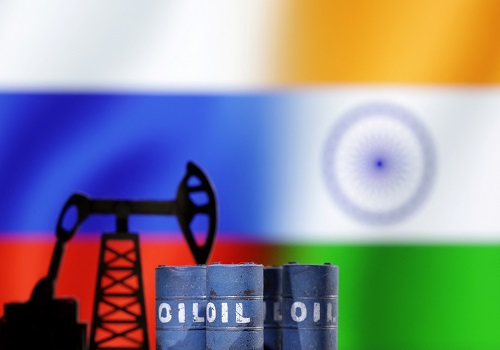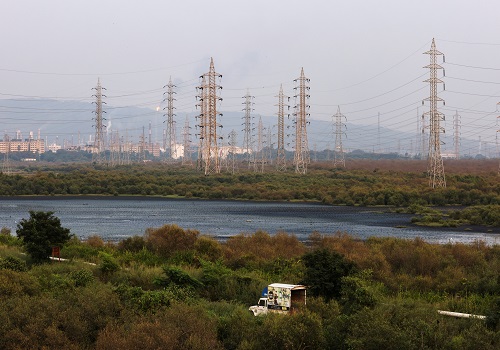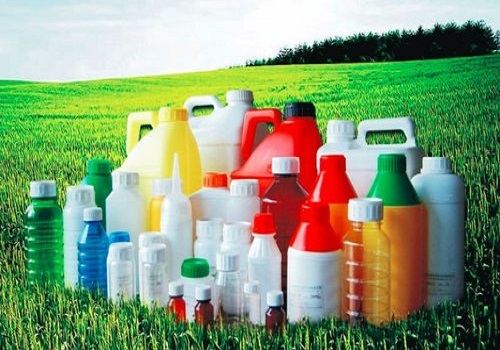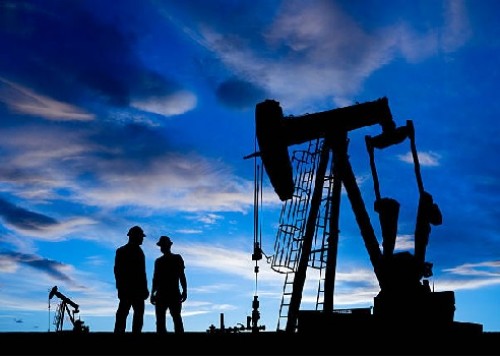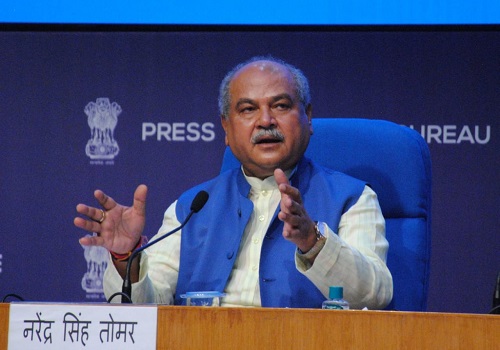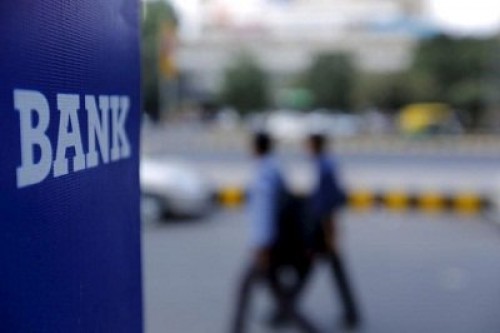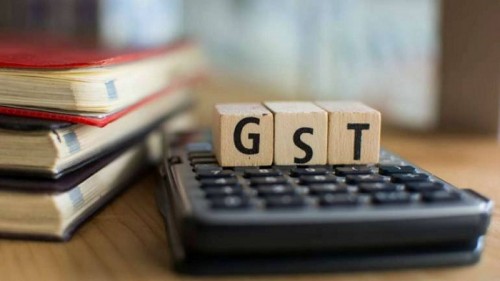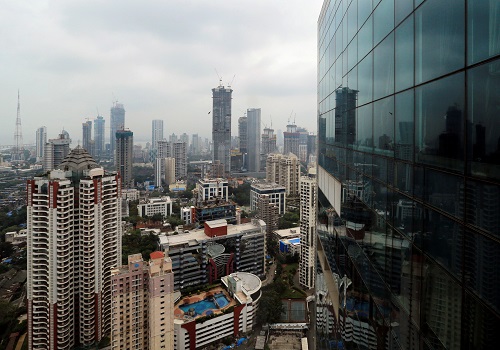Need for strengthening institutional arrangements for climate actions: Eco Survey

Follow us Now on Telegram ! Get daily 10 - 12 important updates on Business, Finance and Investment. Join our Telegram Channel
The Economic Survey 2021-22 on Monday highlighted Indian Railways' net zero carbon emission target by 2030, expected investment of up to $5,541 million for ethanol blending target of 20 per cent by 2025, launch of National Hydrogen Mission and the overall target of addition of 30.8 GW of solar capacity with central financial support of over Rs 34,000 crore.
All this and much more have been propelled by India's Climate Change Action programme (CCAP) that has now been extended till 2025-26, the Economic Survey said.c
The CCAP, initially launched in 2014 with a total outlay of Rs 290 crore for five years, has now been extended up to 2025-26. It consists of eight broad sub-components including the National Action Plan on Climate Change (NAPCC) coordination, State Action Plan on Climate Change (SAPCC), National Institute on Climate Change Studies & Actions, National Carbonaceous Aerosols Programme (NCAP), Long Term Ecological Observations (LTEO), international negotiations and capacity building.
The National Hydrogen Mission for generating hydrogen from green energy sources envisages hydrogen blended with CNG for use as transportation fuel as well as an industrial input to refineries.
There is also a target of 20 per cent ethanol blending in petrol by 2025 - a key element of the economy-wide energy transformation - that can also accrue benefits such as saving $4 billion foreign exchange per year in imports, enhancing energy security, lowering carbon emissions, improving air quality, promoting productive use of damaged food grains and waste, increasing farmers' income, and creating employment and investment opportunities, the Economic Survey said, adding, "The government is expecting an investment of up to $5,541 million to help India achieve its ethanol blending target of 10 per cent by 2022 and 20 per cent by 2025."
Indian Railways has set a target of net zero carbon emission by 2030, primarily through sourcing its energy requirements through renewable energy sources, including 100 per cent electrification of its network by December 2023, use of three phase technology for regenerative braking, use of renewable energy source (133.26 MW solar and 103 MW wind installed capacity), provisioning of LED lights at all railway installations, and creation of additional carbon sink by afforestation, the Survey document noted.








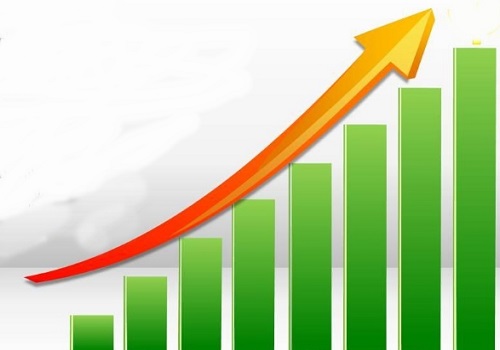

Tag News

Monthly Debt Market Update, September 2023: CareEdge Ratings





 320-x-100_uti_gold.jpg" alt="Advertisement">
320-x-100_uti_gold.jpg" alt="Advertisement">

